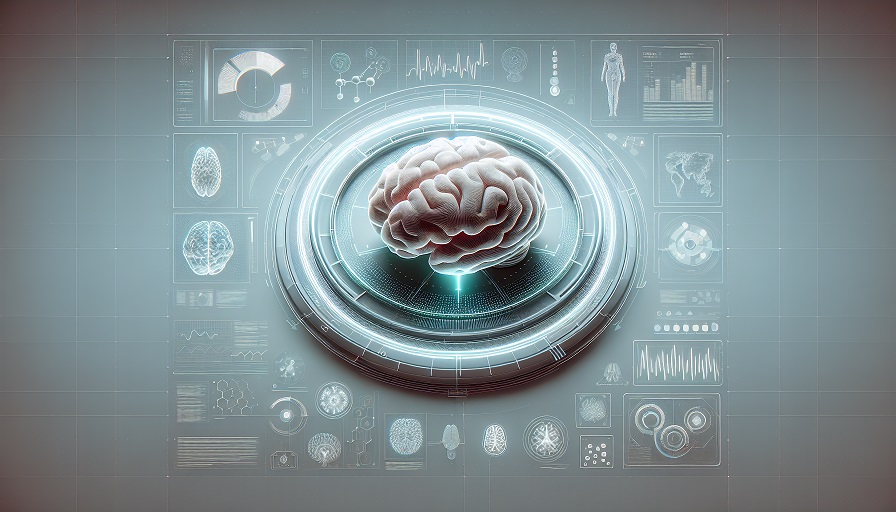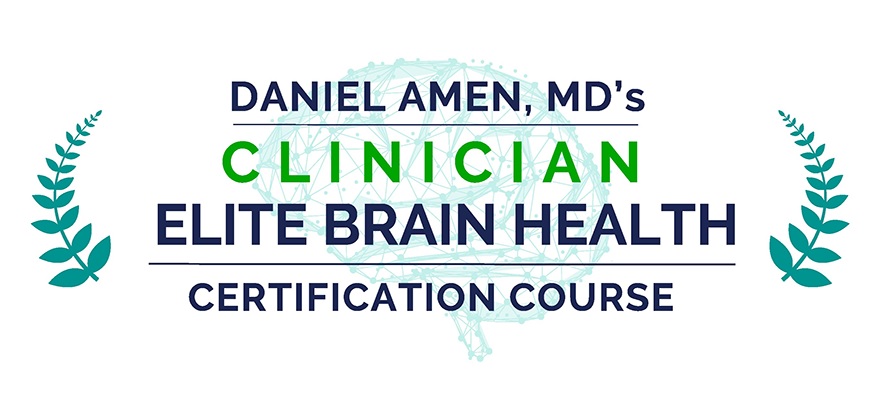
The human brain is mysterious, powerful, and, frankly, a bit dramatic. It is no surprise that a lot of stories have grown up around it. Some of those stories are harmless. Others quietly shape how people feel about their own intelligence, memory, or mental health in ways that are not helpful.
The good news is that you do not need a lab coat to separate fact from fiction. Clearing up a few common brain myths can change how you treat yourself, how you care for your mind, and what kind of help you seek when something feels off.
Here we look at ten brain myths that still show up in conversations and social media, and replace them with brain smart truths you can actually use.
Contents
- Myth 1: “You Only Use 10 Percent Of Your Brain”
- Myth 2: “Your Brain Stops Changing After Childhood”
- Myth 3: “Intelligence Is Fixed And Determined At Birth”
- Myth 4: “If I Have Mental Health Symptoms, My Brain Must Be Broken Forever”
- Myth 5: “Getting Older Always Means Losing Your Mind”
- Myth 6: “Stress Only Affects Your Mood, Not Your Brain”
- Myth 7: “Screen Time Has No Real Impact On The Brain”
- Myth 8: “People With Attention Or Mood Problems Just Need To Try Harder”
- Myth 9: “If My Brain Scan Looks Normal, My Struggles Are Not Real”
- Myth 10: “Only Doctors And Scientists Need To Understand Brain Health”
- Turning Brain Facts Into Better Choices
Myth 1: “You Only Use 10 Percent Of Your Brain”
This one sounds exciting, as if you might unlock superpowers by tapping into the other 90 percent. In reality, most of your brain is active over the course of a day, even when you are resting or daydreaming.
Different parts of the brain work harder at different times, depending on what you are doing. But that does not mean the rest is sitting there useless. Regions that seem quiet in one moment may be vital in another.
Brain truth: You are already using your whole brain over time. The real question is whether you are caring for it so it can work at its best.
Myth 2: “Your Brain Stops Changing After Childhood”
Many people quietly believe that once you reach adulthood, your brain is basically set. You might be able to learn a few new things, but deep change feels out of reach.
Modern neuroscience tells a different story. The brain keeps changing throughout life. It forms new connections, reorganizes old ones, and can even adapt around injury, especially when given the right support.
Brain truth: You carry the capacity for change into every stage of life. Habits, therapy, learning, and lifestyle shifts can all reshape your brain over time.
Myth 3: “Intelligence Is Fixed And Determined At Birth”
It is easy to look at school experiences or early test scores and draw permanent conclusions about your intelligence. This myth can haunt people for decades, making them shy away from challenges or new training.
While genetics play a role, the brain is deeply influenced by environment, effort, and opportunity. Skills grow with practice. Different regions strengthen when you use them. People often surprise themselves when they step into new learning with support and persistence.
Brain truth: You are not stuck with one level of ability. The brain can learn new skills, improve existing ones, and find fresh ways to solve problems well beyond childhood.
Myth 4: “If I Have Mental Health Symptoms, My Brain Must Be Broken Forever”
When you experience depression, anxiety, or brain fog, it can feel like something inside you has snapped permanently. Shame often grows around this feeling, especially if other people dismiss what you are going through.
Mental health symptoms often reflect brain systems that are under strain rather than destroyed. Chronic stress, trauma, sleep loss, illness, and lifestyle factors all influence how brain circuits function. Many of those influences are at least partly reversible.
Brain truth: Struggling does not mean your brain is beyond help. With proper care, support, and in some cases specialized brain health guidance, many people see significant improvement.
Myth 5: “Getting Older Always Means Losing Your Mind”
Worry about cognitive decline is common, and for good reason. Many people have watched loved ones struggle with memory loss. It can feel like a guarantee: age equals mental decline.
Aging does bring changes. Reaction times may slow, and recall can take longer. However, severe decline is not an automatic fate for everyone. Lifestyle, medical care, mental engagement, and social connection all influence brain aging.
Brain truth: While no one can promise perfect memory for life, you can do a lot to support your brain as you age. Your choices now can tilt the odds toward sharper thinking later.
Myth 6: “Stress Only Affects Your Mood, Not Your Brain”
Many people shrug off stress as part of being responsible or successful. If they can keep working, they assume everything is fine.
Chronic stress is not just a feeling. It sends a constant stream of signals to your brain and body. Over time, it can alter how threat circuits and memory related regions function. Sleep usually suffers too, which adds another layer of strain.
Brain truth: Stress is a brain health issue. Learning to reset your nervous system with rest, boundaries, and calming practices is not weak. It is protective.
Myth 7: “Screen Time Has No Real Impact On The Brain”
Screens are woven into daily life, from work to entertainment. It is tempting to believe that as long as you are getting things done, your brain is not really affected.
The issue is not screens themselves, but how you use them. Constant multitasking, late night scrolling, and endless notifications train your attention to hop restlessly from one thing to another. That pattern can make deeper focus feel foreign.
Brain truth: Your brain adapts to the way you use technology. Creating pockets of screen free time and single tasking helps protect your attention systems.
Myth 8: “People With Attention Or Mood Problems Just Need To Try Harder”
This myth can be especially painful. It suggests that if someone cannot focus, cannot get out of bed, or cannot calm down, they simply lack willpower.
In reality, conditions like ADHD, depression, and certain anxiety disorders involve real differences in brain networks that handle motivation, focus, and regulation. Effort still matters, but the starting point is not the same for everyone.
Brain truth: Attention and mood problems are not proof of laziness. They often indicate that specific brain systems need support through a mix of strategies, which may include lifestyle changes, therapy, and sometimes medication.
Myth 9: “If My Brain Scan Looks Normal, My Struggles Are Not Real”
Some people feel invalidated when tests or scans do not show obvious problems. They may be told everything looks normal, even though they feel far from fine.
Many mental health and brain related challenges involve changes that are subtle or functional, not dramatic structural damage. Standard scans are helpful for ruling out big problems, but they do not capture every kind of brain difference.
Brain truth: Your lived experience matters. Normal imaging does not mean your symptoms are “all in your head” in a dismissive sense. It often means the issue is at a level our current tools cannot fully see yet.
Myth 10: “Only Doctors And Scientists Need To Understand Brain Health”
It is easy to assume that brain health is a specialist topic. Many people think, “I will let the professionals worry about that,” and never learn the basics.
In truth, everyone lives with a brain, and basic brain knowledge is useful for everyone. Parents, teachers, coaches, caregivers, and leaders all influence other people’s brain environments through schedules, expectations, and emotional climates.
People in helping professions are increasingly choosing advanced brain health education or certification so they can turn this knowledge into a specialty. But even simple, everyday understanding of brain needs can change how you relate to yourself and others.
Brain truth: You do not need to know every structure or chemical. Learning the basics of how to support your brain is one of the most practical skills you can build.
Turning Brain Facts Into Better Choices
Knowing that the old stories are not quite accurate is only the first step. The next step is using better stories to guide your choices.
You can:
- Stop blaming yourself for every struggle and start asking what your brain might need.
- Take sleep, movement, and food seriously as brain care, not just appearance or fitness issues.
- Teach kids and teens that their brains can grow, so they do not give up too quickly.
- Seek out professionals who understand brain health if you need extra support.
The brain in your head right now is not your final version. It is a work in progress, shaped by both your experiences and your choices. When you let go of brain myths and lean into brain truths, you give yourself permission to grow, heal, and care for your mind with more kindness and skill.

